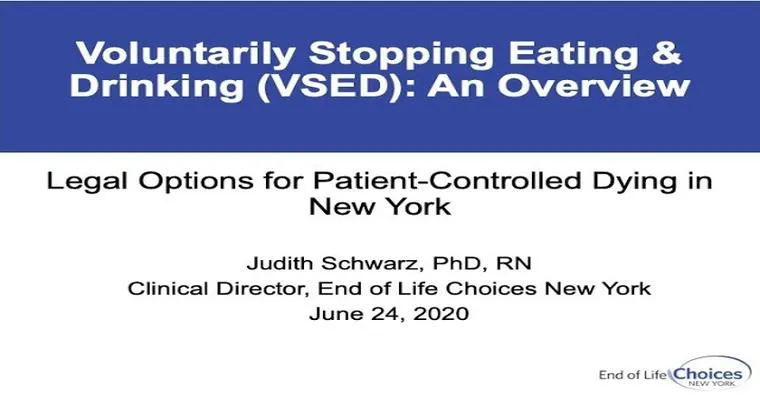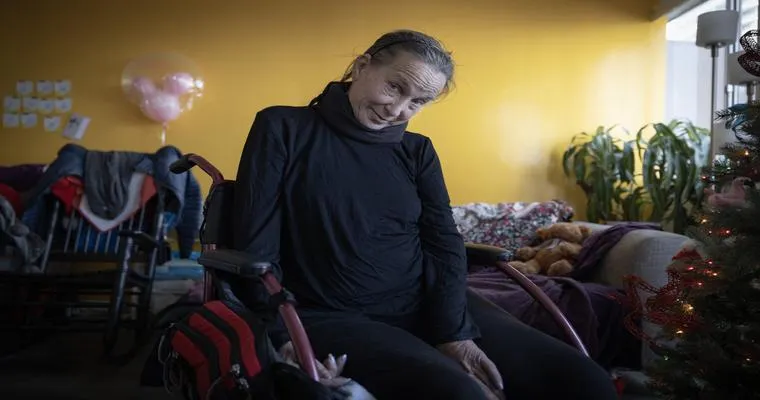In the realm of "advance directives", VSED, or "Voluntarily Stopping Eating and Drinking", has emerged as a significant option for individuals contemplating how to handle their future health decisions, particularly in the context of "dementia". As people seek to maintain control over their end-of-life choices, understanding VSED becomes crucial for those worried about the potential decline in cognitive abilities associated with dementia.
Dementia can present profound challenges, not only for those diagnosed but also for their families and caregivers. As cognitive functions deteriorate, individuals may lose the ability to communicate their wishes regarding medical treatment and end-of-life care. This is where advance directives, including VSED, play a pivotal role. By establishing a VSED plan, individuals can express their desire to refuse food and fluids under certain circumstances, providing clarity and guidance for loved ones and healthcare providers.
The decision to pursue VSED is deeply personal and often influenced by various factors, including philosophical beliefs, quality of life considerations, and the desire to avoid prolonged suffering. For many, the thought of living with advanced dementia—characterized by significant cognitive impairment and a loss of self—can be daunting. VSED allows individuals to proactively choose a path that aligns with their values, ensuring that they are not subjected to a prolonged decline in quality of life.
One of the primary benefits of VSED as an advance directive is that it can lead to a more peaceful passing. Unlike other end-of-life options, VSED does not require medical intervention, which can sometimes complicate the dying process. Instead, it allows natural progression, giving individuals the autonomy to determine how they wish their life to end.
It is important to note that VSED is not a decision to be made lightly. Individuals considering this option should engage in thorough discussions with family members, healthcare professionals, and legal advisors. This dialogue ensures that everyone involved understands the implications of VSED and respects the wishes of the individual. Additionally, it can help mitigate potential conflicts that may arise when it comes time to implement the directive.
Moreover, VSED may not be suitable for everyone. Individuals with certain health conditions or those who are highly dependent on caregivers may face unique challenges when choosing this path. Therefore, it is essential for individuals to assess their personal circumstances and consider the support systems available to them.
In conclusion, VSED stands out as a meaningful advance directive for individuals concerned about future dementia. By taking the time to explore this option, people can ensure their end-of-life values are honored and that their loved ones are prepared to support their decisions. As we navigate the complexities of aging and cognitive decline, VSED offers a pathway to dignity and respect in the face of uncertainty.





